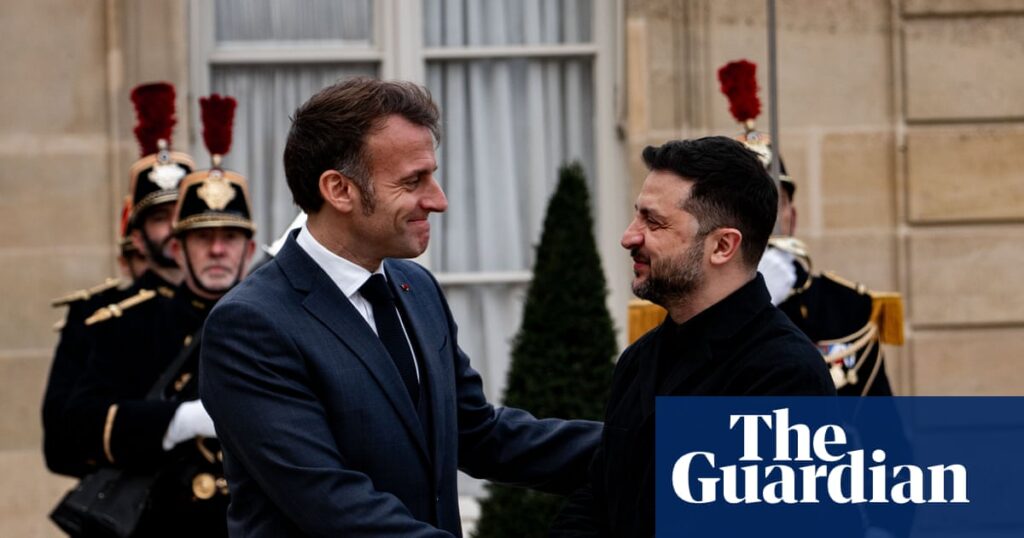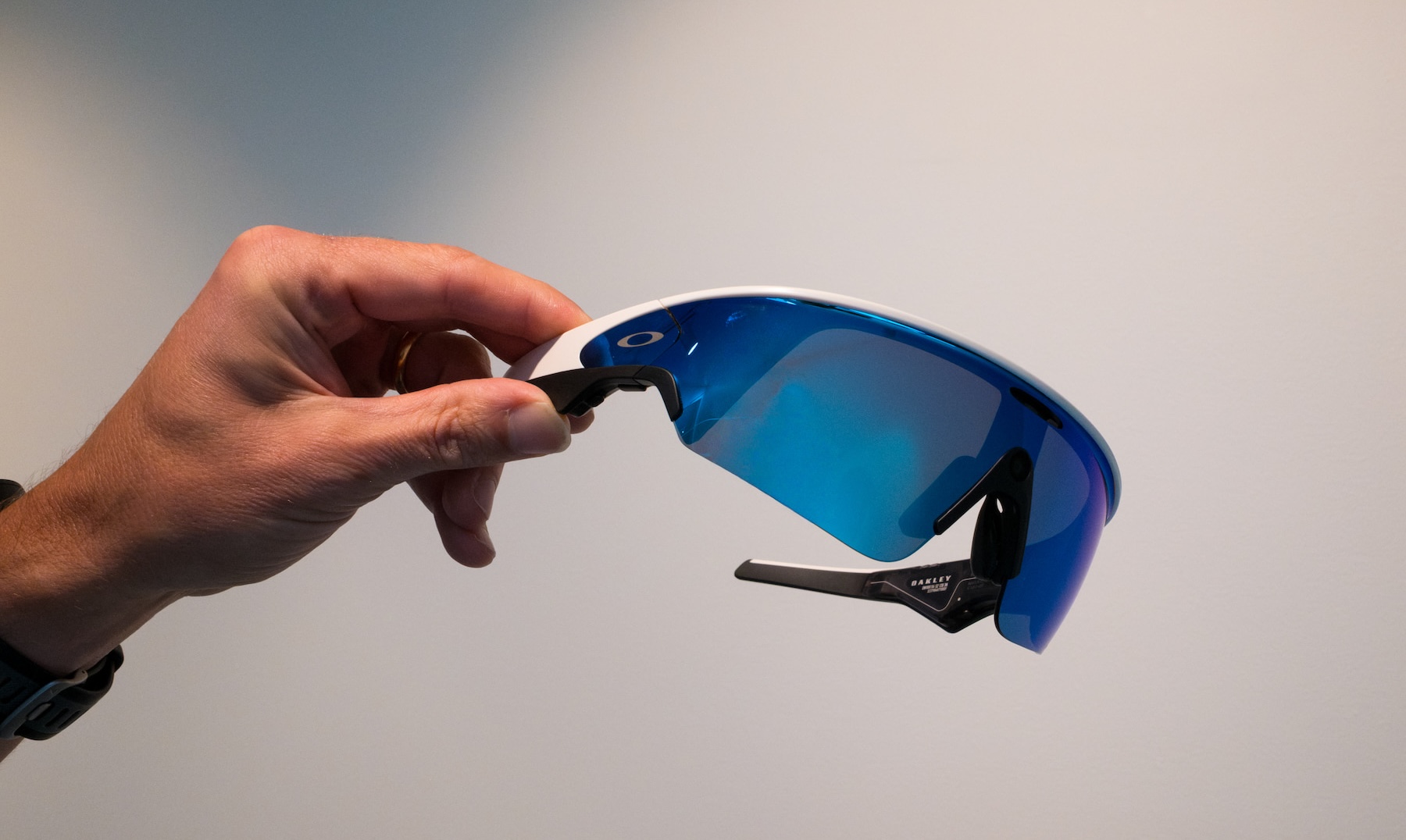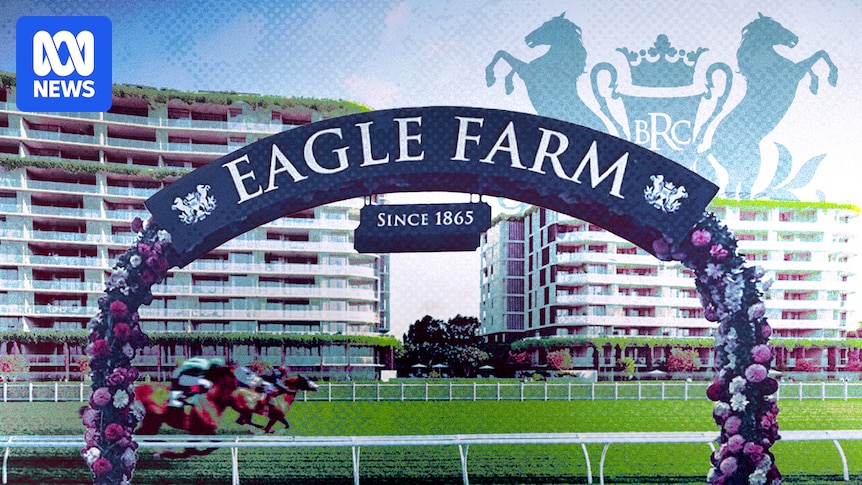
Ukraine has taken a significant step towards bolstering its defense capabilities by signing a letter of intent to purchase up to 100 Rafale warplanes, along with drones and air defense systems from France. The agreement, announced on Monday, aims to enhance Ukraine’s long-term security over the next decade. Ukrainian President Volodymyr Zelenskyy, alongside French President Emmanuel Macron, heralded the deal as “historic” during a joint news conference at the Elysée Palace in Paris. The letter signifies Ukraine’s preliminary commitment to acquiring a suite of French defense equipment.
This development comes amid ongoing tensions in Eastern Europe, where Ukraine continues to face challenges following Russia’s full-scale invasion in 2022. The acquisition of advanced military hardware is seen as a crucial move for Ukraine to fortify its defense against potential threats.
Background and Strategic Implications
The announcement of Ukraine’s intent to procure French defense technology underscores the strategic partnerships forming in response to regional security dynamics. France’s Rafale jets, known for their versatility and advanced capabilities, will significantly enhance Ukraine’s air force. This move is part of a broader strategy to modernize Ukraine’s military infrastructure in collaboration with Western allies.
According to defense analysts, the inclusion of drones and air defense systems in the deal reflects Ukraine’s focus on countering aerial threats and enhancing surveillance capabilities. These technologies are critical in modern warfare, where drone attacks and missile threats have become increasingly prevalent.
“The acquisition of Rafale jets and other defense systems marks a pivotal shift in Ukraine’s military strategy, aligning more closely with NATO standards,” said a senior defense analyst.
Humanitarian Concerns Amidst Conflict
While Ukraine strengthens its military, humanitarian issues persist. On the same day as the defense announcement, families of Ukrainian children forcibly deported to Russia raised alarms about their plight. During a rare news conference in Paris, Darina Repina, the legal guardian of two children taken to Russia, highlighted the lack of communication and urged international support for their return.
This humanitarian crisis is a stark reminder of the ongoing human toll of the conflict. The international community continues to call for accountability and the safe return of displaced individuals.
Regional Security and International Reactions
The geopolitical landscape in Eastern Europe remains volatile. In southern Ukraine’s Odesa region, a Turkish-flagged tanker, the MT Orinda, was struck by a drone, igniting a fire during the offloading of liquefied petroleum gas. Fortunately, all 16 crew members evacuated safely. This incident follows President Zelenskyy’s recent agreement to import US liquefied natural gas through the area, highlighting the region’s strategic importance and vulnerability.
Romanian authorities responded by evacuating two villages near the Ukrainian border, underscoring the broader regional security concerns. Moscow’s repeated attacks on Ukrainian ports in the Danube region have heightened tensions, prompting neighboring countries to remain vigilant.
“Since the invasion, Moscow has targeted Ukrainian ports, triggering security alerts in neighboring nations,” noted a regional security expert.
Global Political Dynamics
Meanwhile, international political maneuvers continue to shape the conflict’s trajectory. US President Donald Trump expressed willingness to sign legislation imposing sanctions on Russia, contingent on retaining decision-making authority over such measures. This stance reflects the complex interplay of domestic and international politics influencing the conflict.
In Poland, Prime Minister Donald Tusk condemned an explosion on a railway line used for Ukrainian deliveries as an “unprecedented act of sabotage.” Polish authorities have launched an investigation into the incident, suspected to be orchestrated by a foreign intelligence service.
On another front, China has signaled its intent to deepen economic cooperation with Russia. During a meeting in Moscow, Chinese Premier Li Qiang expressed interest in expanding energy and agricultural ties, highlighting the resilience of Sino-Russian relations amidst external challenges.
“China welcomes more agricultural and food products from Russia and hopes for easier investment conditions for Chinese enterprises,” stated Premier Li Qiang.
Looking Ahead
The unfolding developments in Ukraine and the broader region continue to capture global attention. As Ukraine moves forward with its defense acquisitions, the international community watches closely, aware of the potential implications for regional stability and international relations. The humanitarian concerns, coupled with strategic military enhancements, paint a complex picture of a nation striving for security amidst ongoing conflict.
As the situation evolves, the world remains poised to respond to the shifting dynamics in Eastern Europe, with diplomatic, economic, and military strategies all playing critical roles in shaping the future landscape.






